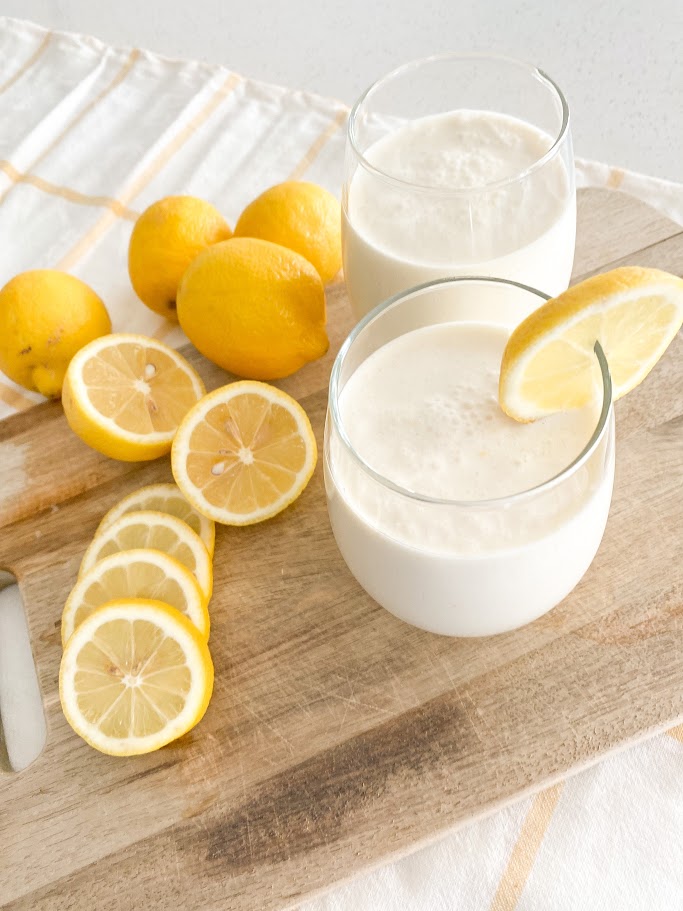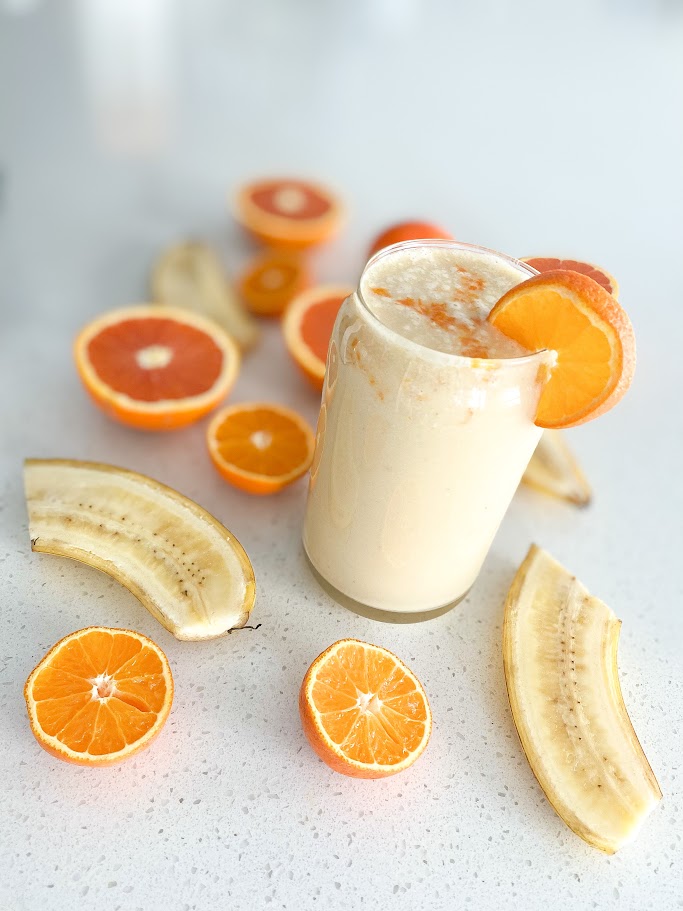Gastritis is a painful and uncomfortable medical condition caused by the inflammation of the stomach lining. People who suffer from gastritis may live with constant discomfort and have difficulty completing daily tasks.
Gastritis can be acute or chronic. Some types of chronic gastritis may even increase the risk of gastric cancer. Fortunately, there are ways to manage gastritis symptoms, allowing people with this condition to live a healthier, pain-free life. One way to do so may be by taking probiotics. Here is some insight into what gastritis is, how probiotics can support gut health, and ways you can use these live microorganisms, combined with help from diet and lifestyle changes, to manage your symptoms.
Invest in your health to live your best life.
What is Gastritis and What Causes It?
Gastritis is inflammation of the stomach lining, also known as the gastric mucosa. One of the roles of mucosa is to shield your stomach from the necessary acids that are produced to break down food in digestion. However, if the stomach lining is damaged or inflamed, the protective factor is reduced. This can lead to a variety of symptoms, such as nausea, bloating, indigestion, and stomach pain.
There are several known causes of gastritis. One common cause is Helicobacter pylori, a spiral-shaped bacterium that can survive in stomach acid. Once this bacterium is introduced in the stomach, it can degrade the mucosal lining, resulting in chronic inflammation that is characteristic of gastritis. In addition, H. pylori infections are a known risk factor for stomach cancer.
Long-term use of nonsteroidal anti-inflammatory drugs (NSAIDs) such as ibuprofen and aspirin has also been linked to chronic gastritis and stomach ulcers. These medications are effective in alleviating pain and inflammation throughout the body, but they also inhibit prostaglandin production. Prostaglandins are compounds that help to maintain the defenses of your stomach lining. With consistent use over time, the NSAIDs’ interference may leave your stomach’s lining vulnerable to injury.
Additionally, certain lifestyle factors can contribute to inflammation. Some of the common lifestyle factors include chronic stress and excessive alcohol use. Both of these may irritate the stomach lining and digestive tract, causing an increase in acid production and immune response. All of this can cause stomach issues and lead to gastritis symptoms.

How Probiotics Help With Gastritis Symptoms?
Probiotics are one potential treatment method to alleviate gastritis symptoms. When you take probiotic supplements or eat foods containing probiotics, these vital microorganisms help to stabilize and reinforce your gut. Probiotics work by travelling within your gastrointestinal tract, interacting with microbes within your body, and supporting the repair of your stomach lining. Here’s more insight into how probiotics work to relieve gastritis symptoms:
Strengthen Your Gut Barrier
The gut lining is a multipurpose feature in your body. It lets important nutrients in while keeping out potentially harmful compounds. Gastritis disrupts this barrier, potentially leading to further problems. When you consumecertain probiotics, these microorganisms go to work tightening the barrier of your stomach. Two probiotics in particular that have shown potential for building up your stomach lining include Bifidobacterium breve BR3 and Ligilactobacillus salivarius LS1.
Probiotics Fight Helicobacter Pylori
Antibiotics are sometimes prescribed for helicobacter pylori eradication therapy. However, you may consider taking probiotics in the form of dietary supplements to aid in the eradication of Helicobacter pylori. When weighing your options, be aware that probiotic supplements don’t eliminate or fight Helicobacter pylori infections in the same way antibiotics do. Probiotics work by changing the gut environment in such a way as to make it more difficult for Helicobacter pylori to survive. The probiotics will produce lactic acid, taking up space and nutrients, leaving little for the Helicobacter pylori to consume. When you take probiotics, these lactic acid-producing bacteria can create a less hospitable environment for the Helicobacter pylori in your gut mucosal barrier.
Additionally, when you take probiotics as opposed to antibiotics, you mitigate the ramifications of antibiotics in terms of side effects. Sometimes, treating gastritis involves taking a variety of antibiotics and acid reducers, all of which can upset your stomach more. When you take the right probiotic supplements, you won’t face antibiotic-related side effects, such as diarrhea, plus you may increase the rate at which your gastritis symptoms are reduced. Lactobacillus bulgaricus might be able to help regulate how much acid the stomach produces and reduce inflammation, potentially alleviating symptoms. However, it is essential to consult your doctor or registered dietitian before taking supplements to ensure you’re taking the right probiotic strains and doses to achieve these goals.

Consider Probiotics to Help Combat Gastritis
Using a specific strain of probiotics to help treat gastritis may be a good treatment plan to consider. And they may even help reduce the colonization of H. pylori infection. However, this treatment regimen is most effective when combined with other strategies. As you take probiotics, you may also want to consider partnering with a registered dietitian to help make diet and lifestyle changes, which can contribute to a comprehensive treatment plan to prevent gastritis.
Regarding diet strategies, try to eat foods that are low in acid for the benefit of your GI tract. Some easy-to-acquire foods that can help reduce stomach acid include melons, bananas, and well-cooked grains. You should refrain from eating extra spicy foods or foods that are exceptionally fatty, as these items can ramp up stomach acid production and make your gastritis symptoms worse or increase the risk of developing gastritis. It’s important to avoid alcohol, NSAID, and smoking. Coffee and black tea can cause irritation, as well as eating large meals. You can also add in other healing foods: foods high in antioxidants to reduce inflammation, probiotic foods, garlic, high fiber foods, healthy fats, and lean proteins.
As for lifestyle changes, try to keep your stress level to a minimum. Chronic stress can exacerbate gastritis and ultimately impact your digestive system. Some easy ways to help reduce stress levels include walking outside, practicing meditation, and learning how to do breathwork exercises. All of these things can help with gastritis symptoms and improve overall health.
While probiotics may help alleviate symptoms of gastritis, they should not be used as a standalone treatment. They are most effective as a complementary supplement alongside prescribed therapies. Other supplements that can be beneficial: omega-3 fatty acids, vitamin C, vitamin B12, and a daily food-based multivitamin. Always follow the guidance of your healthcare provider and dietician when navigating these complex issues.
